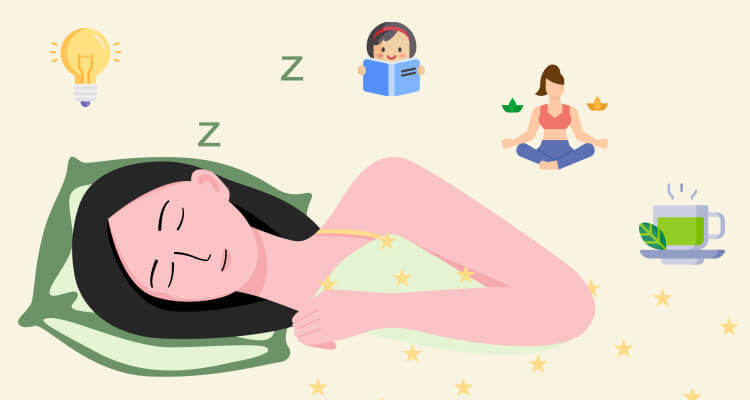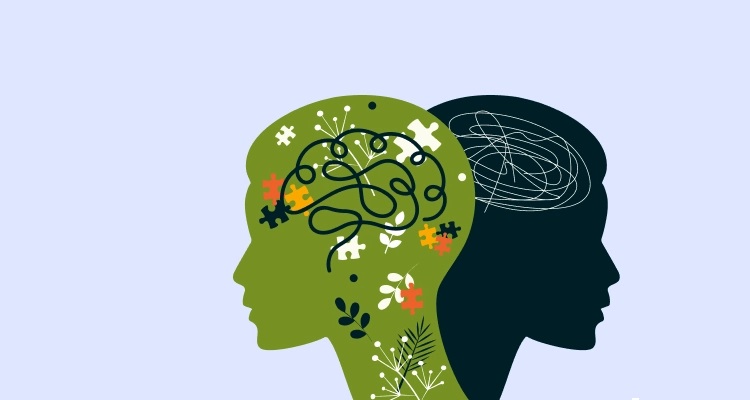Have you ever stepped off a long flight and felt completely out of sync, unsure if it was morning or evening? If you’ve traveled across multiple time zones, you’ve probably felt the effects of jet lag.
Jet lag can quickly shift the thrill of traveling into a challenge. As the tiredness catches up, your limbs feel heavy. It’s not just about the time zone changes; it’s also about being away from home. Jet lag can make it tough to carry on your work, or vacation, but don’t worry—there are ways to help you feel better and get back to enjoying your adventure.
Let’s understand what jet lag means and whether it is really a condition.
Is Jet Lag an Actual Thing?
Yes, jet lag is a real condition acknowledged by health professionals. When you travel from one continent to another, your body’s internal clock, known as the circadian rhythm, struggles to adjust to the new local time.
Our bodies naturally follow a 24-hour cycle that influences sleep patterns, hormone release, and digestion. When you abruptly shift your schedule by several hours, it takes time for your body to realign and leads to insomnia. Common symptoms include fatigue, irritability, difficulty concentrating, and trouble sleeping. Essentially, your body is signaling that it needs time to adjust.
The positive side is that, although jet lag can be tough to deal with, it’s only a temporary issue. We’ll give you a few tips on how to manage it and enjoy your travels.
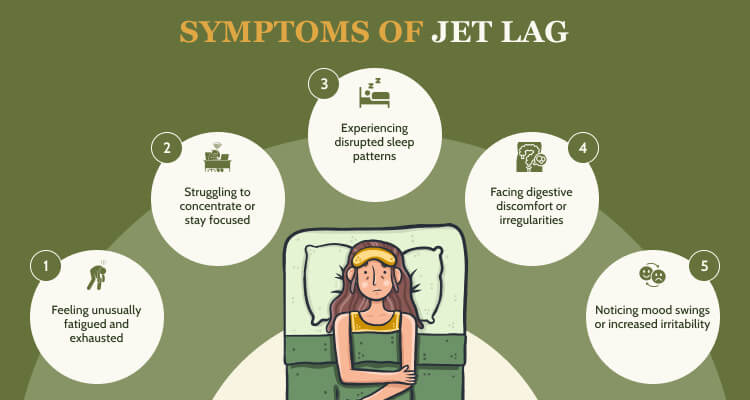
Here’s the expanded list with 12 unique tips to overcome jet lag, incorporating engaging angles and bonuses for each:
15 Tips to Overcome Jet Lag
1.Gradually Adjust Your Sleep Schedule
Before your trip starts, slowly adjust your sleep schedule to match your destination’s time zone. Aim to go to bed and wake up an hour earlier or later (depending on the direction of your travel) each day leading up to your departure. Time adjustment helps your body adapt more smoothly to the new time zone, minimizing the shock of sudden change.
Bonus: Set your alarm to match the sunrise in your destination. It acts as a natural cue that not only helps reset your internal clock but also allows you to enjoy a beautiful start to your day.
2. Stay Hydrated
Hydration is crucial, especially during long flights. Airplane cabins can be quite dry, leading to dehydration, which worsens feelings of fatigue and disorientation. Drink water consistently throughout your journey, and make a habit of carrying a refillable water bottle.

Bonus: Carry a reusable water bottle infused with fruits or herbs like mint or lemon gives you a little extra energy throughout your busy day.
3. Stay Active and Exercise
Adding light physical activity into your travel routine can enhance circulation and boost energy levels. Simple exercises, like stretching or taking a leisurely walk, can help relieve tension and keep you feeling revitalized throughout your journey.
Bonus: Go for mini workouts into your travel day, like a quick series of stretches at the airport or in your hotel room.
4. Limit Caffeine and Alcohol
While it might be tempting to reach for coffee or a cocktail during your travels, excessive caffeine and alcohol can disrupt your sleep patterns and exacerbate jet lag symptoms. Both can disrupt your body’s natural ability to rest and recover.

Bonus: Instead opt for herbal teas like chamomile or peppermint instead. They can help you relax and unwind while providing a comforting beverage during your journey.
5. Maintain a Comfortable Sleep Environment
Create a cozy sleep space by adjusting the room temperature to your liking, using comfortable bedding, and minimizing noise and light disturbances. A well-organized sleep environment plays a crucial role in ensuring a restful night.
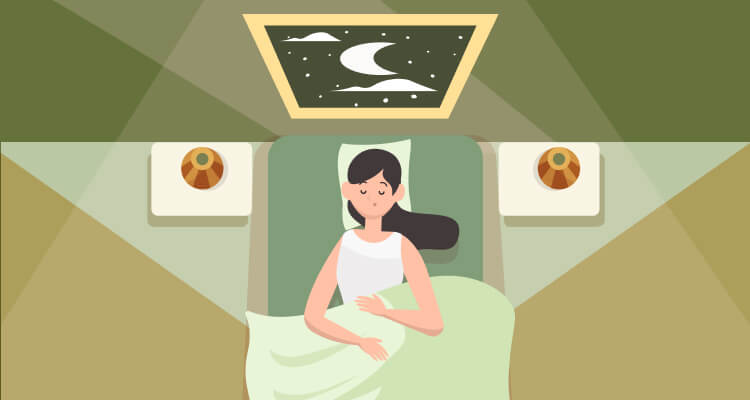
Bonus: Carry a lightweight travel blanket for added comfort and a familiar touch from home, helping you relax faster.
6. Get Sunlight Exposure
Getting natural sunlight helps regulate your internal clock, signaling to your body that it’s time to wake up. Upon arrival, spend time outdoors during daylight hours, especially in the morning, to help your body adjust.
Bonus: If you’re in a busy city, take a mindful walk in a local park or garden while enjoying good music and sunlight.
7. Use Sleep Aids Wisely
To create a sleep-friendly environment during your flight or at your accommodation, consider using sleep aids such as eye masks, earplugs, or white noise machines to block out disturbances.
Bonus: Apply a few drops of calming essential oils like lavender or chamomile on your pillow or use a portable diffuser to fill the space with soothing scents. The soothing scents can help you relax and drift off to sleep more easily.
8. Practice Relaxation Techniques
Before bedtime, engage in relaxation practices such as deep breathing, meditation, or gentle yoga stretches that can calm your mind and body, helping reduce stress and promote restful sleep.
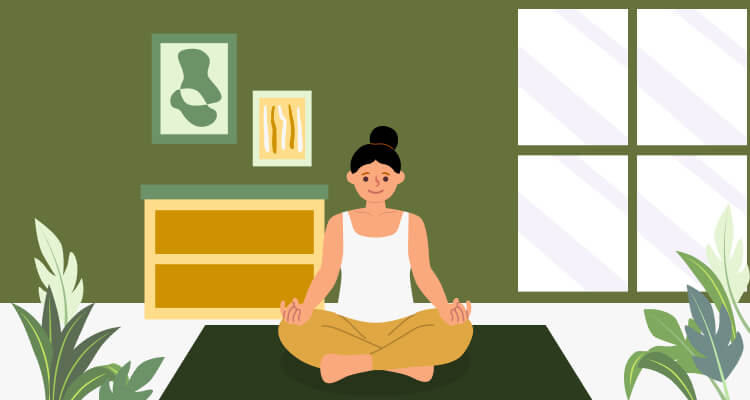
Bonus: You can use a guided meditation app. Even a quick five-minute session can calm your mind, making it easier to fall asleep wherever you are.
9. Create a Calming Playlist
Curate a playlist of soothing sounds or music that helps you relax and unwind before sleep, which can signal to your body that it’s time to wind down.
Bonus: Include nature sounds like ocean waves or rainforest ambiance, as these can help create a tranquil atmosphere conducive to sleep.
10. Utilize a Sleep-Tracking App
Download a sleep-tracking app to monitor your sleep patterns and adjust your habits accordingly. These apps can provide insights into your sleep quality and suggest personalized adjustments based on your data.
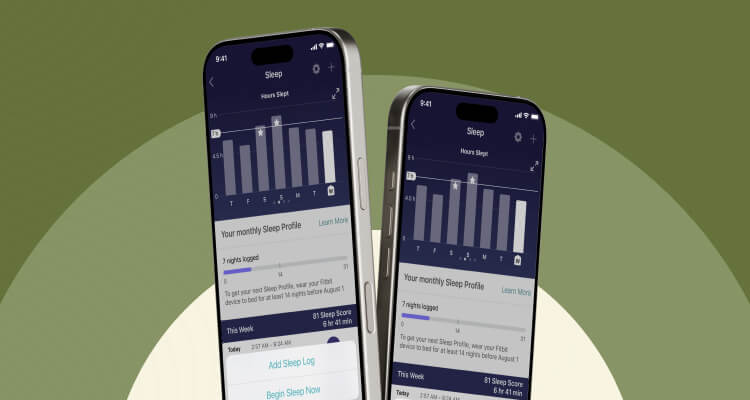
Bonus: Use these insights to identify patterns and find what time of day you feel most alert or sleepy, helping you optimize your schedule while traveling.
11. Experiment with Temperature Control
Temperature plays a vital role in sleep quality. Experiment with using different bedding or adjusting the thermostat in your accommodation to find your optimal sleeping temperature.
Bonus: Bring a portable travel fan or a heating pad if you know your destination’s temperature may not suit your preferences, allowing you to create a more comfortable sleeping environment.
12. Engage in Mindful Eating
When traveling, be conscious of your eating habits. Prioritize nourishing your body with whole, nutrient-rich foods to boost overall well-being and maintain energy levels.

Bonus: Use mindful eating practices, such as eating slowly and appreciating the flavors, to enhance your connection to your meals, which can aid in digestion and relaxation.
13. Stay Consistent with Your Sleep Routine
Try to keep a consistent sleep routine, even while traveling. Having a calming bedtime ritual such as reading or listening to soothing music can signal your body that it’s resting time.
Bonus: Start a travel journal where you document your bedtime routines and feelings each night. This practice encourages reflection and helps you stay accountable during your travels.
14. Limit Blue Light Exposure Before Bedtime
Reducing screen time is important, but consider using blue light-blocking glasses if you need to be on devices. It can help reduce the impact of artificial light on your sleep cycle. Take time to unplug from screens and devices at least an hour before sleeping.

Bonus: Replace screen time with a calming activity like reading or journaling. It not only promotes relaxation but also helps you wind down, making it easier to transition to sleep.
15. Seek Natural Remedies
Consider using herbal teas and Ayurvedic herbs to promote relaxation and enhance sleep quality. Chamomile, valerian root, Ashwagandha, and Brahmi are excellent choices that help ease stress and improve sleep.
Bonus: Create a personalized travel wellness kit with your favorite herbal teas, calming items like stress balls or fidget toys, and small essential oil vials. You can use this kit during hectic travel days, helping you maintain your well-being on the go.
Get Ready to Have a Restful Travel
Have you ever wondered how to truly beat jet lag and get a good night’s sleep after traveling? According to Ayurveda, our bodies operate in harmony with nature’s rhythms, and disruptions—like traveling across time zones—can throw our doshas (Vata, Pitta, and Kapha) out of balance, leading to symptoms such as fatigue, anxiety, and sleep disturbances.
By embracing Ayurveda, you can harmonize your body with nature’s rhythms. Focus on balancing your doshas through calming herbs like ashwagandha and Brahmi, nourishing meals, and mindful routines to ease your mind and body.
At LYBL, we believe that a balanced life begins with a good night’s sleep. By integrating holistic practices like yoga, mindfulness, and Ayurveda, we provide the tools to help you achieve restful sleep and overall well-being. Explore our resources to transform your sleep routine and nurture your health naturally.
Safe travels and sweet dreams await you.













